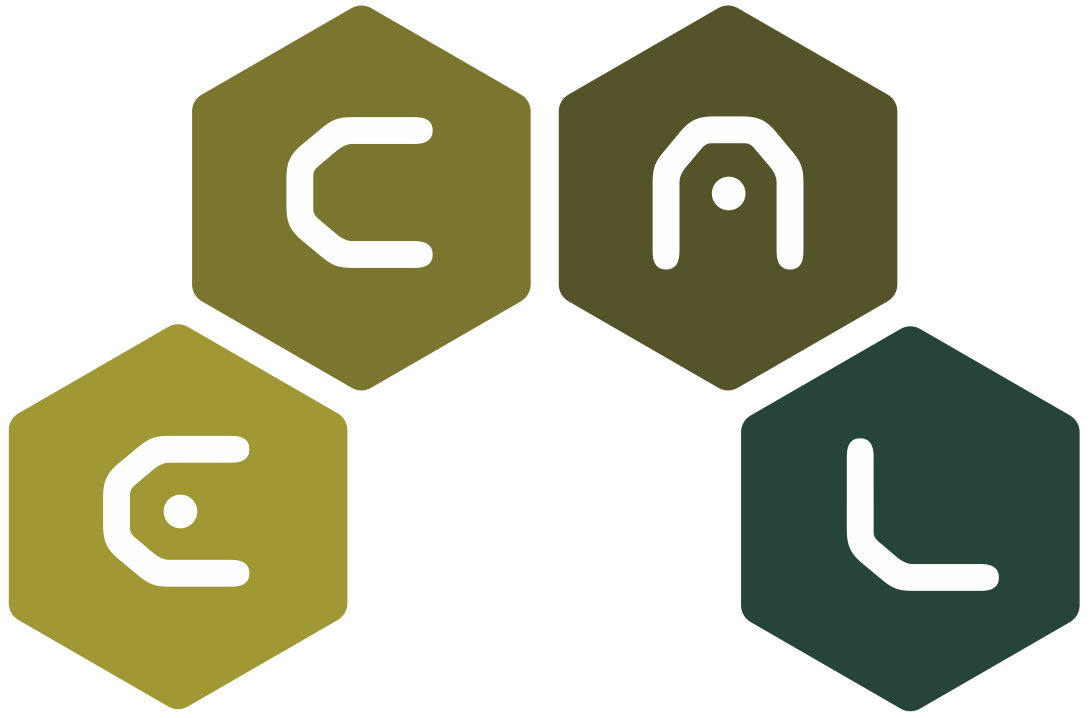Title
Towards Failure-Resistant Mobile Distributed Systems Inspired by Swarm Intelligence and Trophallaxis

Towards Failure-Resistant Mobile Distributed Systems Inspired by Swarm Intelligence and Trophallaxis
Download via this paper's page on the MIT Press ECAL 2015 Proceedings website.
Designing distributed algorithms for mobile ad-hoc sensor systems is difficult, not at least because of their asynchronous communication, mobility, absence of shared memory and high risk of failures. To deal with these challenges, some techniques like replication and consensus are proposed in the literature. However, techniques like consensus depend on a leader election, and this leader can fail. In this paper, we present some advances inspired from nature for the design of a decentralized, scalable way for getting and synchronizing information among components in a point-to-point way. To achieve this, we address the problem of getting and synchronizing information by defining a Distributed System as a swarm of agents (termites), which look for information. Termites are designed with the task of exploring a simulated environment, sensing some desired data distributed throughout the space, and sharing their local knowledge regarding the environment with other nestmates only if they are neighbors. However, when failure rates increase it is less probable than a termite completes the entire task by itself before all termites fail. In order to allow at least one termite to gather the complete information from the environment, several solution approaches are proposed, like sequential exploration with one agent as reference, random movements with local information exchanges, Levy walks and a pheromone-based exploration algorithm inspired by Ant Colony System. This algorithm allows a termite to explore data in a world and enables a termite to search other nestmates with more information by using a trace and by defining a search status given the amount of local information than a termite has. Results show, how swarms manage to collect and replicate information from the entire space even when failures occur. By local interactions, almost all the termites get complete information from a defined world before failing, without a central control and with simple local rules.